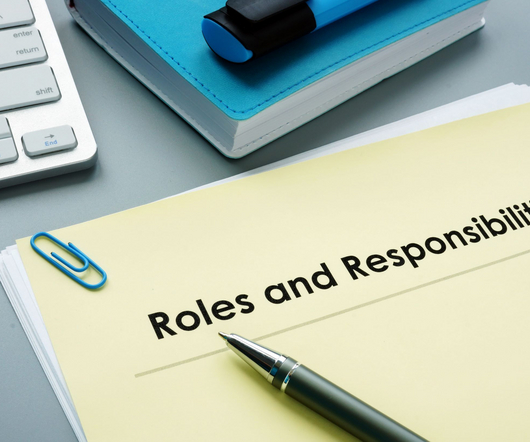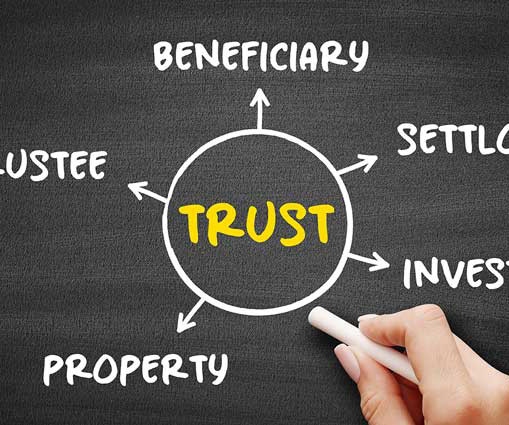The 10 roles and responsibilities of a nonprofit Board of Directors
Get Fully Funded
FEBRUARY 20, 2023
They don’t understand their fiscal or legal responsibility nor their ethical responsibility. Ensure Legal and Ethical Integrity and Maintain Accountability The Board is responsible for making sure that the nonprofit operates with the laws that govern it at the local, state, and national level.












Let's personalize your content